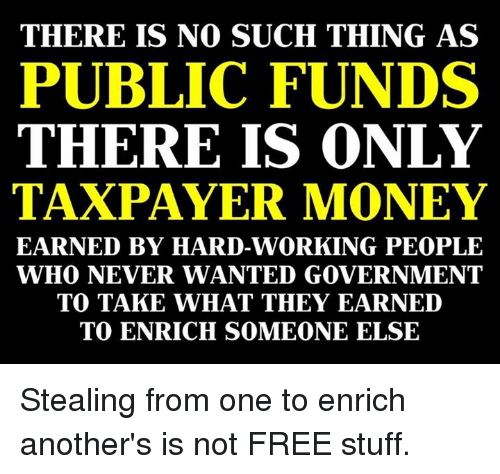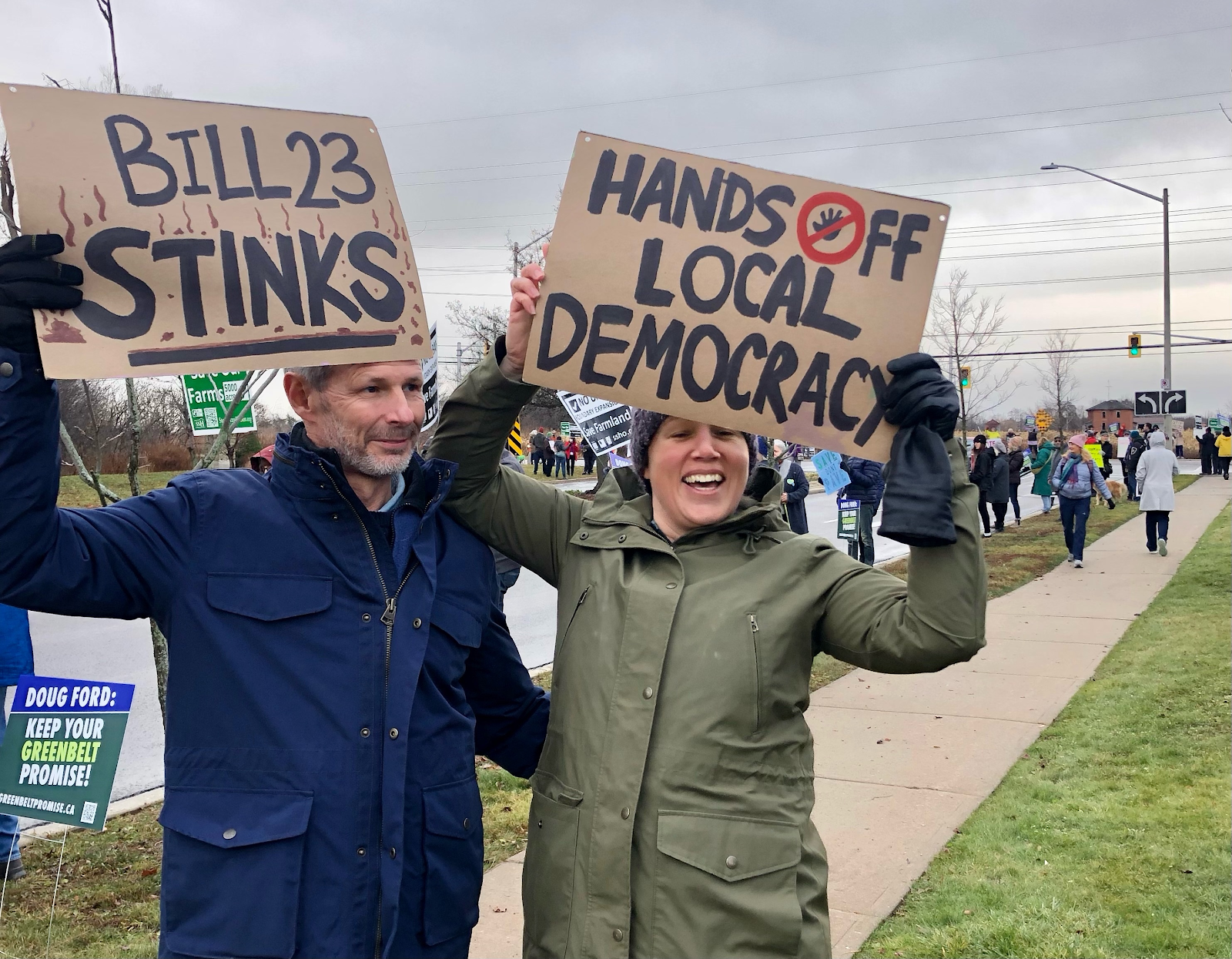If we can place any credibility in the utterances of federal politicians, the fight to save Ontario's Greenbelt from the depredations of Doug Ford's developer cronies is far from over.
According to The Narwhal, Environment Minister Steven Guilbeaut has serious concerns, given the climate change crisis we are all confronting.
... he said Ontario’s push to develop Greenbelt land “flies in the face of everything we’re trying to do in terms of being better prepared for the impacts of climate change,” and Ottawa “will be looking at the potential use of federal tools to stop some of these projects.”
“I think we’re being told that in order to provide housing to Canadians, we need to destroy nature. I profoundly reject that premise. I think this is a way of thinking from 50 or 60 years ago.”
It appears there are two ways whereby the federal government could impede Doug Ford's greed-driven legislation. One could stop the desecration of
the Duffins Rouge Agricultural Preserve east of Toronto, which is directly adjacent to Rouge Urban National Park. In December, Parks Canada warned Ontario that development on the agricultural preserve would violate an agreement between the two levels of government and likely cause “irreversible harm” to the park’s wildlife and ecosystems.
Though it will likely be some time until developers firm up plans for construction on former Greenbelt land, one possible tool Guilbeault mentioned is species at risk legislation, which he can use to issue emergency orders to stop developments that would harm federally-protected species. Guilbeault did just that in Nov. 2021 when he halted work on a residential development in Longueuil, a Montreal suburb, due to threats to the habitat of the western chorus frog.
The other
is the federal Impact Assessment Act, which the Justin Trudeau Liberals have already used to intervene on Highway 413, a controversial highway project planned to cut through the Greenbelt. The act doesn’t allow Guilbeault to unilaterally step in and halt a development — instead, citizens would need to make a request about a specific project, the Impact Assessment Agency would do an initial review and Guilbeault would decide if the federal government should give it another layer of oversight.
Guilbeaut also deplored
that the province moved last fall to disempower conservation authorities, which oversee key watersheds, as part of Bill 23.
“I’m really saddened and shocked by what the Ontario government is doing to [the Toronto and Region Conservation Authority] and the people who invested years and years and years of efforts, time and money to advance conservation,” he said. “They can continue to be an incredible partner and we will continue to work to work with them.”
Will the growing scrutiny of the Ford government's machinations have positive results? Time will only tell, but the fact that both Ontario's auditor general and ethics commissioner are conducting probes, and the OPP has started a preliminary investigation into the obvious criminality at work here suggests that public scrutiny, outrage and protest will not be going away anytime soon.
Something for the Ford cabal to ponder.
UPDATE: Apparently, Doug Ford is really disappointed that the feds are intruding on his 'jurisdiction'.











